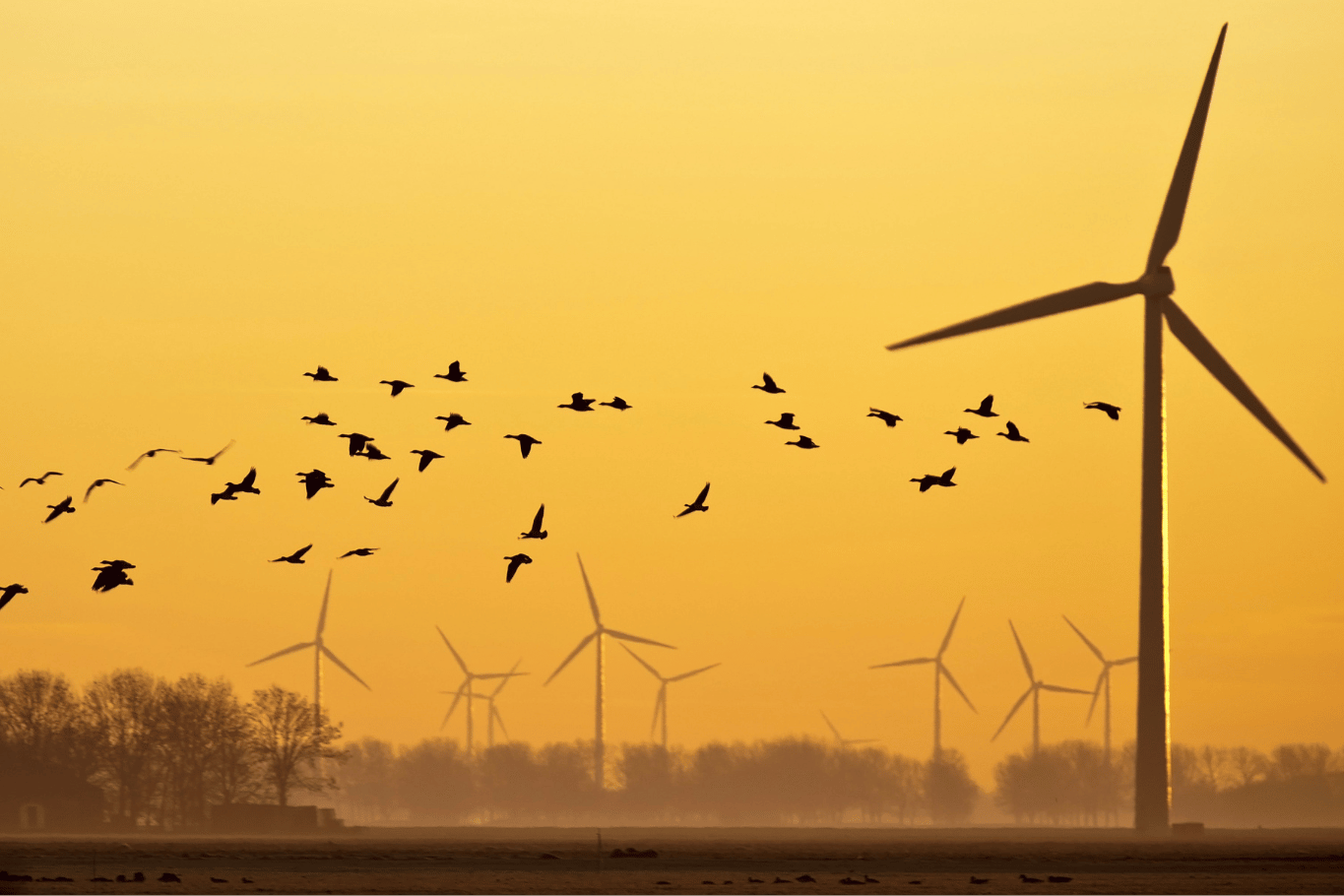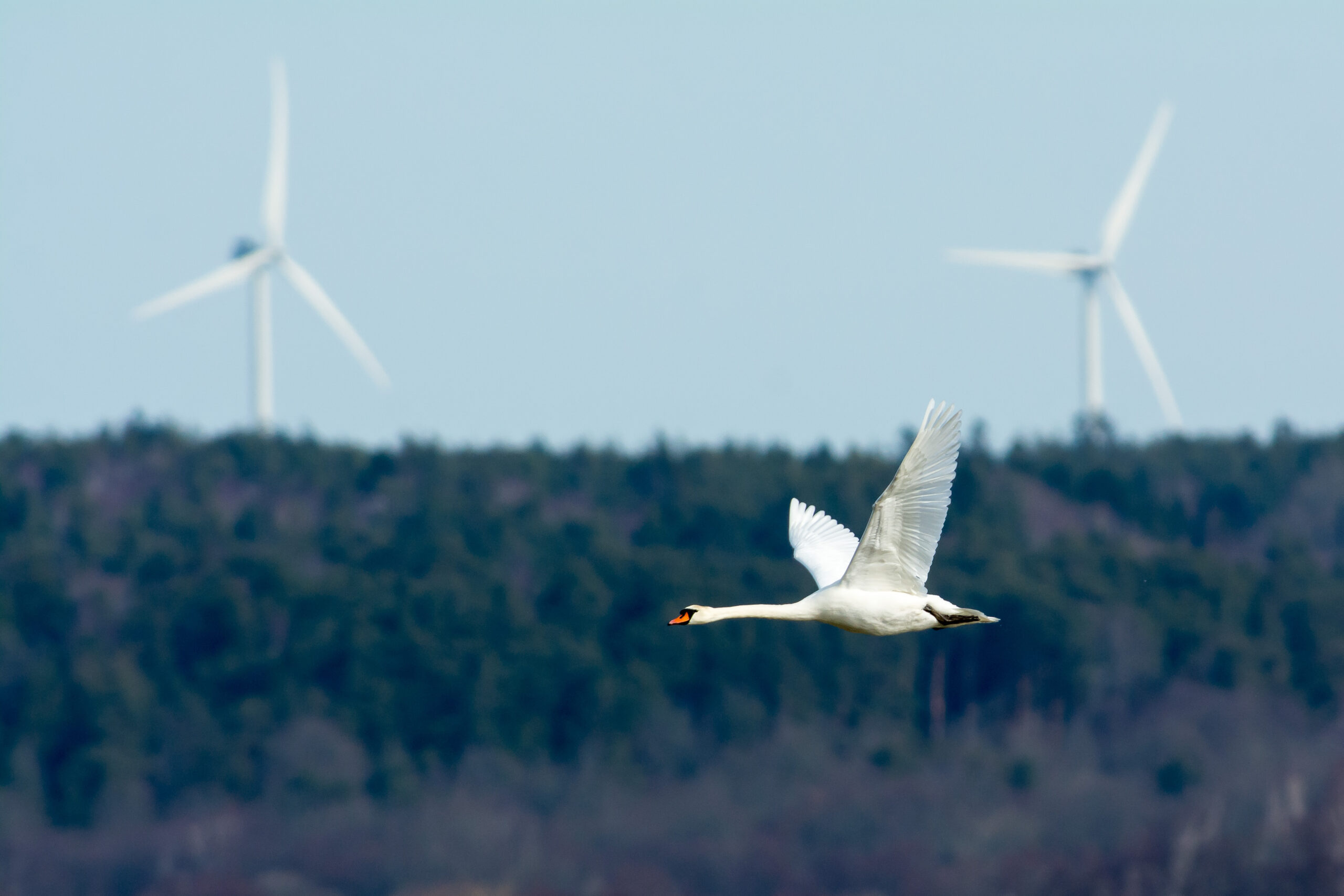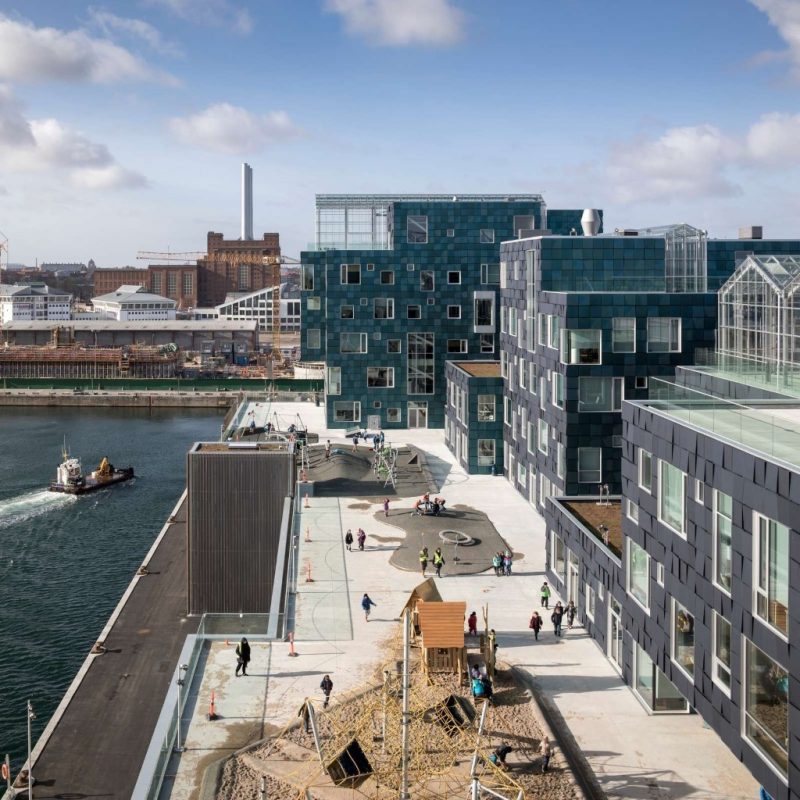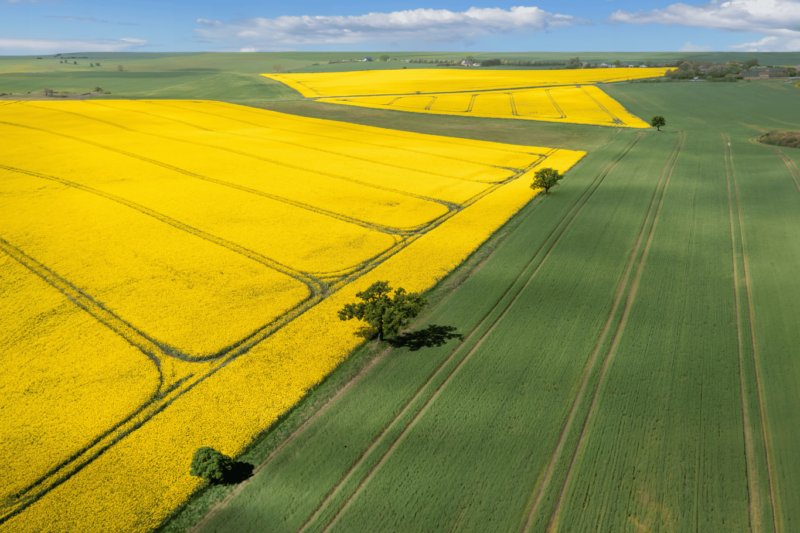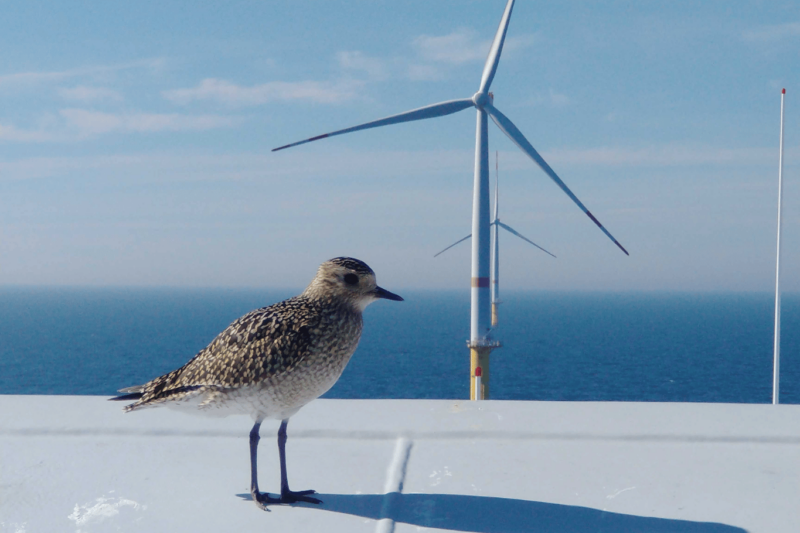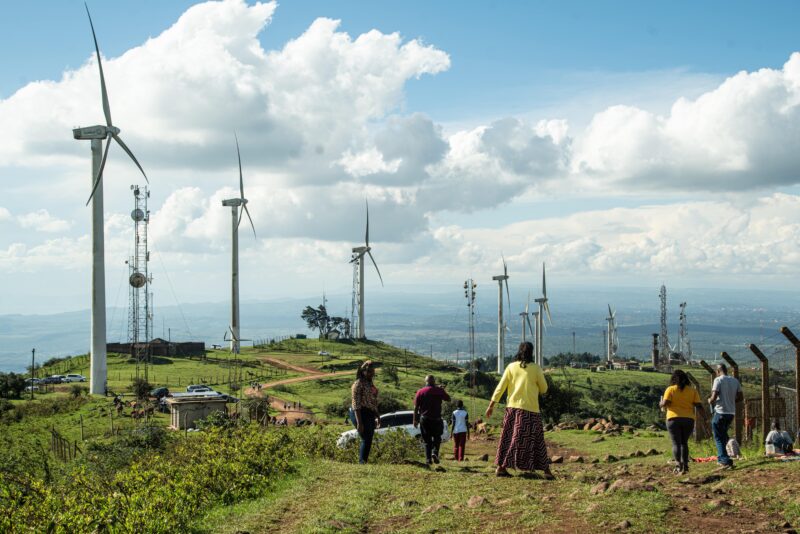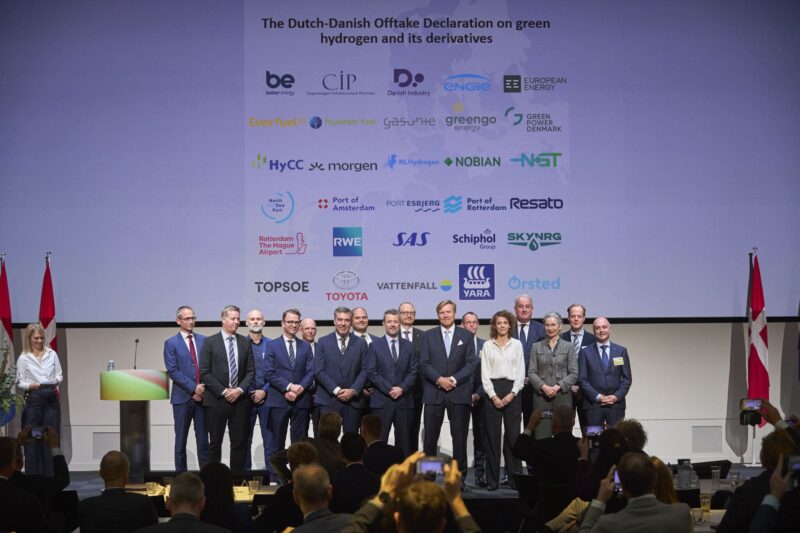New recommendations align with EU Nature Law
“Businesses consume nature’s resources in their value chains, but these resources are far from infinite and will become scarce in the future if companies do not act on biodiversity. When businesses should understand, map, and minimise their impact on biodiversity, it is fundamentally about foresight and, in the long term, about the companies’ own conditions.” Carsten Rahbek, Professor of Biodiversity at the University of Copenhagen
In addition to the recommendations, the Biodiversity Partnership has formulated a common mission and vision that sets goals for companies’ efforts. The vision of the Biodiversity Partnership is for businesses to contribute to solving the biodiversity crisis and help meet the goals of the EU Biodiversity Strategy and the global Kunming-Montreal biodiversity agreement to halt global biodiversity loss by 2030 and ensure biodiversity progress by 2050. The mission is for businesses to contribute to halting biodiversity loss by 2030 and aid in restoring nature and biodiversity both in the sea and on land.
“We are pleased that the Environment Minister took up the challenge when DI and WWF recommended a partnership back in 2022, and it means that we now have a set of recommendations that set a common direction for many different actors, including businesses, authorities, and knowledge institutions. We have scratched the surface and are on the right track, but we also need to become more concrete so that we can take action. This could be, for example, when dealing with a particular material flow – it could be wood and timber, coffee, or something else entirely. Therefore, we are also pleased that there is a common recommendation that the partnership should not stop here.” Karin Klitgaard, Deputy Director at the Confederation of Danish Industry
“We see it as a positive sign that the broad partnership has agreed on the recommendations, as this can help ensure consistent guidelines and frameworks for companies’ important work on biodiversity. We now look forward to the Environment Ministry’s feedback and to working purposefully to contribute to biodiversity and nature throughout the value chain, both nationally and internationally.” Merete Juhl, CEO of Agriculture & Food
